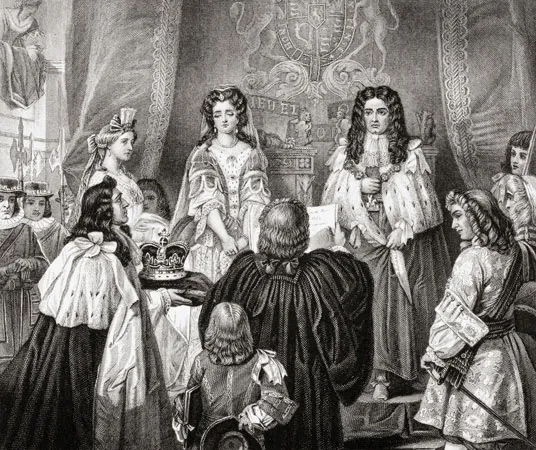The Toleration Act of 1689 was indeed a significant piece of legislation passed by the British Parliament. It aimed to address religious tensions and promote religious freedom in England. The act granted some degree of religious freedom to Nonconformists, who were Protestant Christians who did not conform to the doctrines or practices of the Church of England.
Under the Toleration Act, Nonconformists were allowed to worship freely in their own places of worship, as long as they accepted certain oaths of allegiance to the Crown. They were also permitted to have their own teachers and preachers without fear of prosecution. However, there were still limitations and restrictions, as the act did not grant full religious freedom to all religious groups. It mainly benefited Protestant Nonconformists and did not extend to Catholics or atheists.
Overall, the Toleration Act marked an important step towards religious tolerance and pluralism in England, although it did not fully resolve religious tensions in the country.

